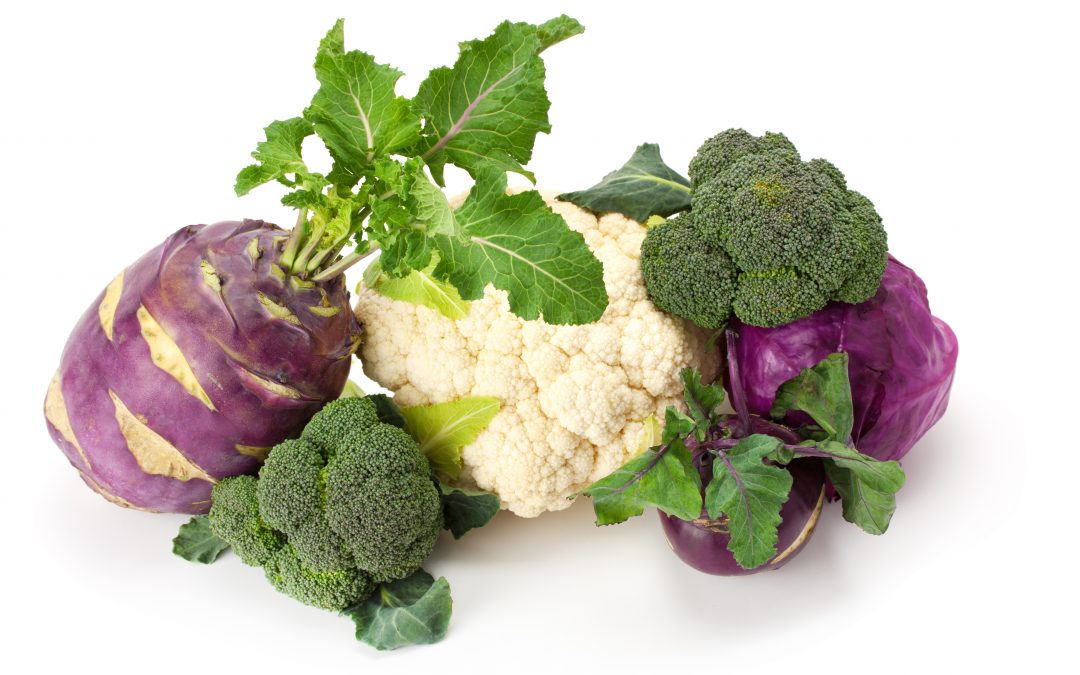Did you know compounds in cruciferous vegetables, like broccoli and cauliflower, may target and inhibit prostate cancer cells in the body?
Unlike other vegetables and plant foods, cruciferous vegetables are rich sources of glucosinolates, sulfur-containing compounds that cause their strong scent and somewhat bitter taste. Researchers are especially interested in sulforaphane, a specific compound in glucosinolates.
Multiple studies show that sulforaphane disrupts prostate cancer cells, as well as breast, lung, colorectal, and pancreatic cancers. Preliminary research indicates that it may also be effective against melanoma.
A new study from the Linus Pauling Institute at Oregon State University is extremely promising, in terms of sulforaphane’s prostate cancer-fighting capabilities. The study examined sulforaphane’s effect on prostate cancer cells and found that the compound selectively targets cancerous cells – as well as benign, hyperplasic cells that are showing early signs of abnormality – while leaving healthy prostate cells alone.
Per this study, sulforaphane inhibits histone deacetylase (HDAC), enzymes that are known cancer contributors. This significant finding demonstrates that sulforaphane may be a safe, effective, and powerful way to prevent and treat prostate cancer.
Further studies show that glucosinolates found in cruciferous vegetables can help:
- Protect cells by inactivating carcinogens and decreasing inflammation.
- Control abnormal cell growth.
- Inhibit the migration of tumor cells.
- Provide antioxidants, protect cells, and support the immune system.
- Maintain healthy DNA.
Current belief is that genetics influence how much each person benefits from consuming cruciferous vegetables. Researchers think that people inherit different capacities to metabolize and eliminate sulforaphane, though they don’t yet know who may benefit the most from eating more of these foods.
The National Cancer Institute recommends consuming five to nine servings of fruits and vegetables daily, but there are currently no official recommendations around the consumption of cruciferous vegetables, specifically. The Oregon State researchers recommend daily consumption of cruciferous vegetables, including cauliflower, broccoli, and broccoli sprouts.
Experts recommend getting glucosinolates and other nutrients through diet versus taking dietary supplements, as excessive amounts of certain vitamins and carotenoids may actually be harmful.
This exciting, new research provides hope for a new way to prevent and treat prostate cancer and other cancers. And it offers additional evidence that people should eat a healthy, well-balanced, diet that’s rich in plant foods, including plenty of cruciferous vegetables.

